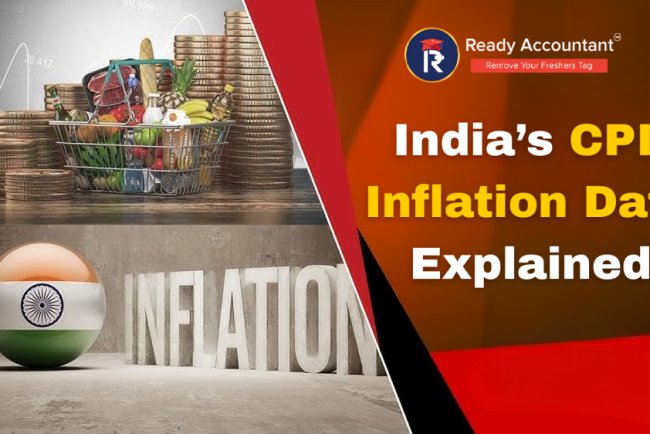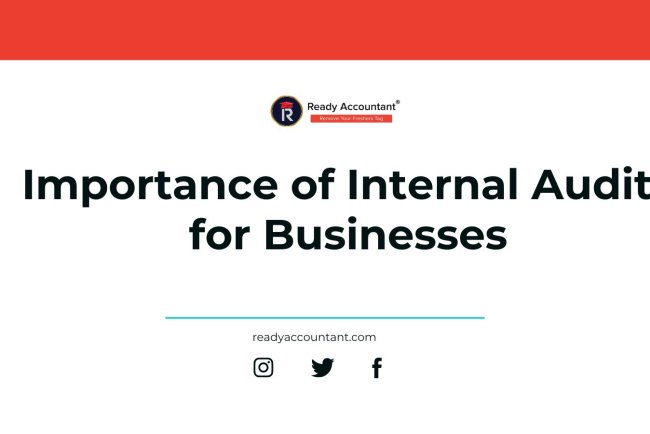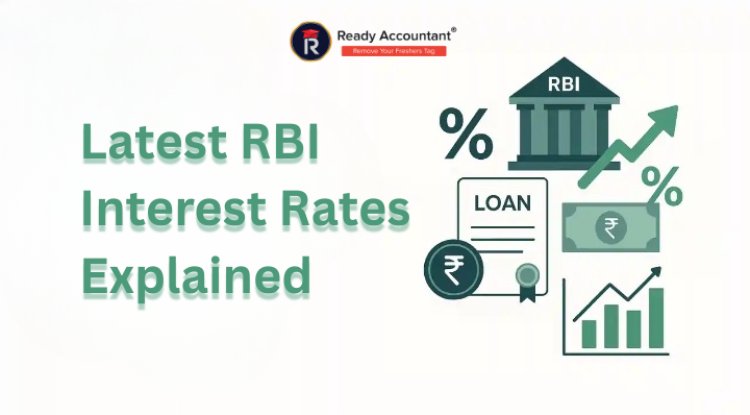Income Tax ITR Due Date Extension: What You Should Know
The income tax ITR due date extension is extra time given by the government for filing returns when taxpayers face problems like portal glitches, new rules, or natural disasters. While this extension offers relief, it should not be relied on every year. Filing ITR before the due date helps avoid penalties, ensures faster refunds, and keeps financial records clean. Missing the deadline can lead to late fees, loss of tax benefits, and delayed refunds. With the help of professionals skilled in Certified Corporate Accounting, SAP FICO (Finance & Controlling), and Taxation (Income Tax & GST), individuals and businesses can file returns accurately and on time. The best practice is to plan early and not wait for an extension.
Filing your income tax return (ITR) is an important responsibility for every taxpayer in India. It helps you follow the law, keep your finances clear, and also get refunds if you are eligible. But many times, people face problems like missing documents, busy work schedules, or errors on the e-filing portal. In such cases, the government may give an income tax ITR due date extension to give taxpayers extra time.
In this guide, we will explain what ITR due date extension means, why it happens, what happens if you miss the deadline, and why it is better to file your ITR early. We will also discuss how skills like Certified Corporate Accounting, SAP FICO (Finance & Controlling), and Taxation (Income Tax & GST) help in filing ITR smoothly.
What Is the ITR Filing Due Date?
The government sets a deadline every year for filing income tax returns. This is called the ITR due date. It changes depending on who you are:
-
Individuals and HUFs (not needing audit): 31st July of the assessment year.
-
Businesses needing audit: 31st October of the assessment year.
-
Businesses needing transfer pricing report: 30th November of the assessment year.
If there are special situations, the government may announce an income tax ITR due date extension for all or some taxpayers.
Why Does the Government Extend the ITR Due Date?
The government gives more time to taxpayers in situations like:
-
Website issues – when the e-filing portal has technical problems.
-
Pandemics or natural disasters – like the extensions during COVID-19.
-
New rules or system changes – when taxpayers need more time to understand updates.
-
Requests from professionals – Chartered Accountants and trade bodies often request extensions to reduce stress for taxpayers.
So, the income tax ITR due date extension is mainly for relief in special cases.
Why You Should File ITR on Time
Even if the date is extended, filing your ITR early is always better. Here’s why:
-
No Penalty: You won’t have to pay late fees under Section 234F.
-
Faster Refunds: If you are due a refund, you will get it sooner.
-
No Extra Interest: You avoid interest charges for late tax payments.
-
Helpful for Loans & Visas: Banks and embassies often ask for ITRs.
-
Carry Forward Losses: You can carry forward certain losses only if you file on time.
Relying on an income tax ITR due date extension every year may cause unnecessary stress.
What Happens If You Miss the Deadline?
If you file your ITR late, you may face:
-
A late fee of up to ₹5,000 under Section 234F.
-
Loss of certain tax benefits and carry-forward of losses.
-
Delay in refunds from the Income Tax Department.
-
More chances of your return being picked for scrutiny.
Clearly, missing the due date can cost you money and time.
How Professionals Help in Filing ITR
Filing ITR is not only about entering numbers. It needs proper tax knowledge and accuracy. This is where experts with skills in Certified Corporate Accounting, SAP FICO (Finance & Controlling), and Taxation (Income Tax & GST) make the process easy.
1. Certified Corporate Accounting
Corporate accountants ensure all records and returns are correct. They help avoid errors and penalties, so you don’t need to depend on the income tax ITR due date extension.
2. SAP FICO (Finance & Controlling)
Large companies use SAP FICO for financial reporting and compliance. Professionals trained in SAP FICO help in timely tax filing by managing accounts smoothly.
3. Taxation (Income Tax & GST)
Experts in Income Tax and GST help individuals and businesses save tax, file accurate returns, and meet deadlines without stress.
Together, these skills make ITR filing faster, accurate, and stress-free.
Easy Tips to File ITR Before the Due Date
Here are some simple steps to avoid last-minute issues:
-
Collect documents early: Form 16, bank statements, investment proofs, etc.
-
Check Form 26AS and AIS: Match them with your income details.
-
Use professionals: Tax experts ensure error-free filing.
-
Use digital tools: SAP FICO and accounting software make things easy.
-
Don’t wait till the last day: File at least a few weeks before the deadline.
Will There Be an ITR Due Date Extension This Year?
Many taxpayers wait for news of an income tax ITR due date extension each year. While it happens sometimes, the Income Tax Department now encourages people to file on time. With a better online system, extensions are less frequent compared to before.
It is always best to check official announcements by the CBDT (Central Board of Direct Taxes) instead of waiting and risking penalties.
Why Tax Planning Is Important
For both individuals and businesses, tax planning is more than just meeting the deadline. It helps you save money and stay stress-free.
-
Certified Corporate Accounting: Keeps financial and tax records correct.
-
SAP FICO (Finance & Controlling): Ensures smooth reporting and compliance.
-
Taxation (Income Tax & GST): Helps reduce tax liability legally.
Good planning ensures you never have to depend on an income tax ITR due date extension.
Conclusion
The income tax ITR due date extension is a helpful option given by the government when taxpayers face genuine problems. But you should not wait for extensions every year. Filing your ITR before the due date gives peace of mind, avoids penalties, and improves your financial record.
By using expert support in Certified Corporate Accounting, SAP FICO (Finance & Controlling), and Taxation (Income Tax & GST), taxpayers can file smoothly and on time.
What's Your Reaction?




















